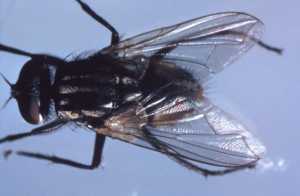Author Interviews, Flu - Influenza, Pediatrics, Pediatrics, Vaccine Studies / 15.06.2020
Parents Remain Concerned About Childhood Vaccines, Especially for Flu
MedicalResearch.com Interview with:
Allison Kempe, MD, MPH
Ergen Family Endowed Chair in Pediatric Outcomes Research
Professor of Pediatrics, University of Colorado School of Medicine
Director of ACCORDS (Adult and Child Consortium for Health Outcomes Research and Delivery Science)
University of Colorado School of Medicine | Children’s Hospital Colorado
MedicalResearch.com: What is the background for this study?
Response: In 2019 the WHO designated vaccine hesitancy as one of the ten leading threats to global health. Although studies have assessed parental vaccine hesitancy in different localities and estimated vaccine refusals nationally, there is little recent US national data on the prevalence of hesitancy about routine childhood vaccines and national hesitancy rates for influenza vaccine have never been assessed. We used a hesitancy scale developed by the WHO to estimate levels of parental hesitancy for both routine childhood and childhood influenza vaccination (more…)




